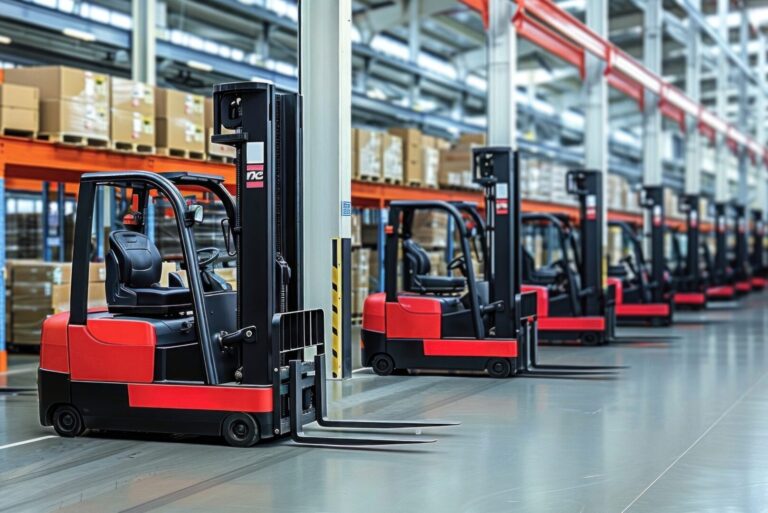How Is the Carbon Intensity of Fuel Calculated for the LCFS?
May 28, 2024
The carbon intensity (CI) score of a fuel is a measure of its environmental impact. By understanding how a fuel’s CI score is calculated, fleet owners can be better equipped to maximize their earnings through the Low Carbon Fuel Standard (LCFS).
This article explains how CI scores are calculated and how fleet owners can better understand the CI scores of their fuels.
What Is the Carbon Intensity Score?
The carbon intensity score is a representation of the amount of greenhouse gas emissions associated with producing and consuming a fuel, measured in grams of CO2 equivalent per megajoule of energy (gCO2e/MJ). This scoring system allows for the comparison of different fuels' environmental impacts under the Low Carbon Fuel Standard.
Learn more about the carbon intensity score: What Is a Carbon Intensity Score? Understanding EV Energy Rebate Programs
With the ability to fairly compare fuels, the LCFS can promote the adoption of cleaner fuels by incentivizing fuels with low CI scores. Under this program, fleet owners with low carbon-intensive vehicles earn credits, which can be sold to producers of high carbon-intensive fuels. The benchmark for the allowable CI score of fuels decreases every year, gradually pushing the adoption of alternative sustainable fuels across the transportation industry.
But how are CI scores actually calculated?
Breaking Down the Calculation of CI Scores
Calculating the CI score of a fuel is a comprehensive process that takes into account the entire lifecycle of the fuel, including the extraction of raw materials, transportation, production, distribution, and use of the fuel.

Once a fuel’s total environmental impacts are calculated, the impacts are adjusted for the fuel’s energy efficiency. To do this, its environmental impacts are divided by its energy economy ratio (EER), measured in megajoules of energy. This then becomes the metric that measures CI scores:
CI = gCO2e / MJ
Through this metric, fuels are compared against each other in the LCFS, giving more credit-generation power to fuels with fewer environmental impacts and higher efficiency.
Leveraging CI Scores for LCFS Credits
Understanding CI calculations has practical implications for fleet owners. By opting for fuels with lower CI values, fleet owners can optimize their credit generation under the LCFS.
Electricity, biodiesel, and hydrogen are among the lowest CI-scoring fuels due to their high efficiency and minimal environmental impacts. Operating vehicles with these fuels will allow fleet owners to optimize their LCFS credit generation. Ethanol, while having fewer environmental impacts than traditional fuels like gas and diesel, is not as efficient, leading to a relatively higher CI score than other alternative fuels, and therefore less LCFS credit generation potential.
Investing in low-CI fuels can be an expensive and complicated endeavor, despite its long-term benefits. By partnering with Smart Charging Technologies, fleet owners can streamline this transition. SCT manages all aspects of integration into the LCFS, from the initial application to ensuring ongoing compliance to facilitating credit trading. This support allows fleet owners to focus on their operations and maximize financial returns from LCFS credits.
Related Posts









